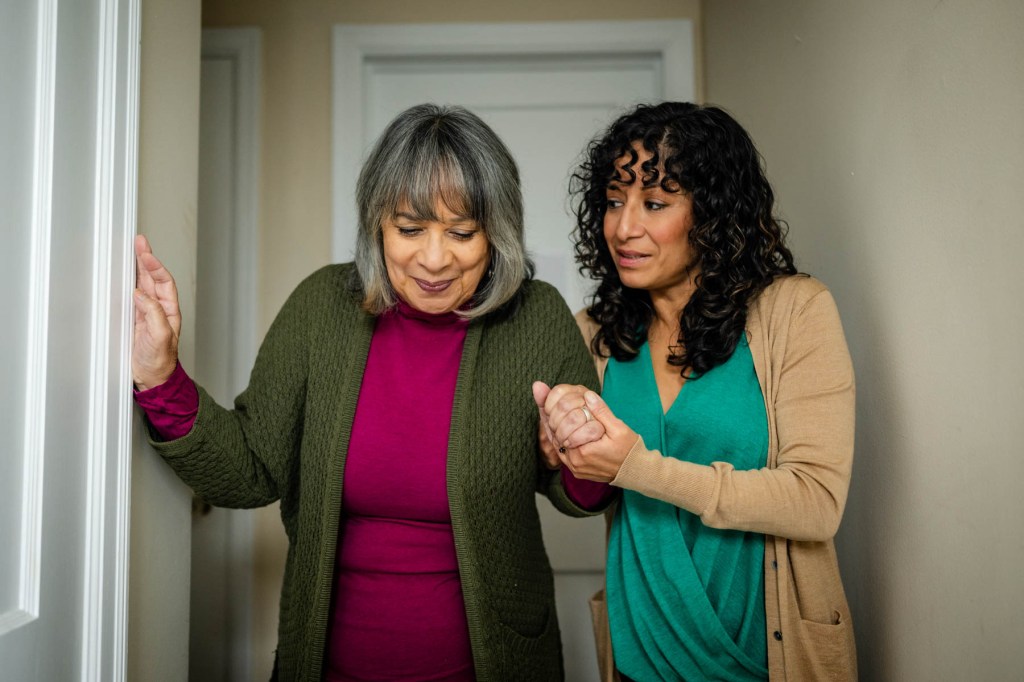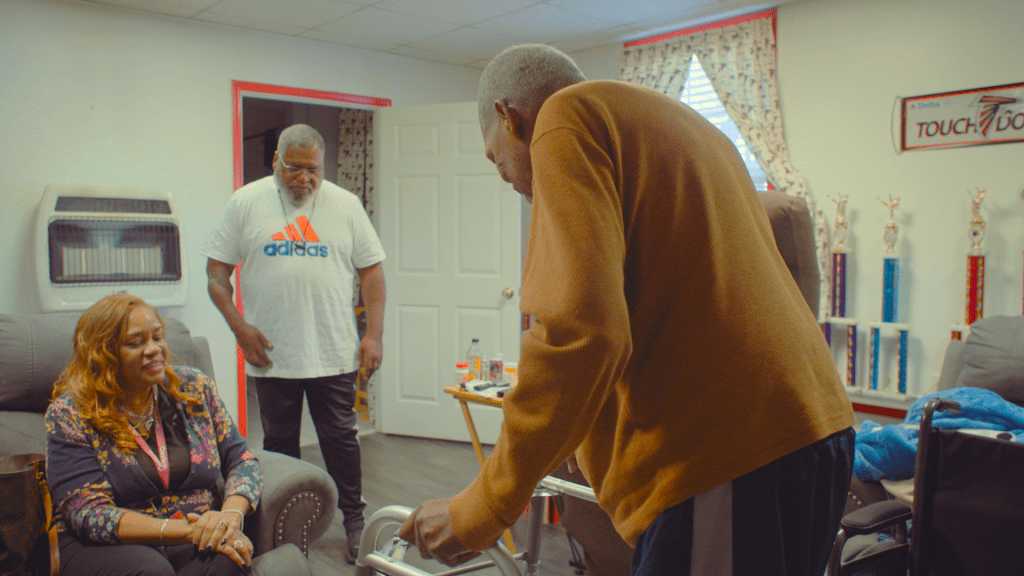
Are You A Caregiver and Don’t Know It?
It’s a fact: many people are caregivers and don’t even realize it. As reported by Careforth CEO Matt Marek in McKnight’s Home Care, nearly one third of the U.S. population either gives or receives family care at home. The U.S. Department of Health and Human Services (HHS) estimates that about 53 million Americans currently serve as caregivers, and a 2022 statement from the U.S. Centers for Medicare & Medicaid Services said, “Many of the more than 150 million people who receive health care coverage through Medicare, Medicaid, and the Health Insurance Marketplaces rely on trusted friends and family for care.”
The act of caregiving, especially for a family member or loved one, can often go unrecognized by those providing the care. Caregiving includes things like helping someone bathe, cook and clean. Many people see this as just part of being a parent, family member, child or friend, but it’s actually considered caregiving. Recognizing yourself as a primary caregiver is important because you might be able to get extra support and resources.
Caregiver Self-Evaluation
To find out if you are a caregiver, start by thinking about your situation. Taking this assessment can help you answer the question, “Am I a caregiver?”
- Are you currently providing care to a parent, spouse, child, friend, or family member?
- Does your loved one have a disability, long-term illness, or other health condition needing support?
- Do you help your loved one with errands, such as shopping, cooking, or cleaning?
- Do you help your loved one bathe, dress, and/or groom?
- Do you frequently help your loved one manage doctor appointments and/or medications?
- Do you often help your loved one with transportation and/or ambulation?
- Do you provide emotional support and/or social activity for your loved one?
If you answered yes to any of these questions, you are officially a caregiver. You may not think of yourself as one, but it’s important to recognize the support you provide and the significance of your role as caregiver.
“Being a caregiver can look different depending on the needs of your loved one,” says Rebecca Oliver, Senior Manager, Care Management at Careforth. “Recognizing yourself as that support person allows you to step into this caregiving community that is full of support and resources.”
Caregiver Resources and Support Are Available
Once you’ve officially self-identified your valued role as caregiver, you can begin to find and access the resources readily available to you. From emotional coaching to financial assistance to caregiver support groups, as a caregiver you can utilize a variety of resources that can improve the care you provide to your loved one. These resources can help you take better care of your loved one and prevent caregiver burnout and fatigue.
Careforth’s Expert Care Team Supports Caregivers
Careforth’s expert team of nurses, social workers, care managers, and coaches, are here to help you navigate these caregiving resources and find the support that’s right for you. Our team is committed to ensuring that you feel supported at every turn of your caregiving journey, so you can confidently care for your loved one at home.
Visit the How We Help page on our site or contact uscontact us to learn more about how Careforth supports caregivers like you.
More insights like this:
-

Understanding Caregiving Disappointment
Read more: Understanding Caregiving DisappointmentBeing a family caregiver brings with it a wide variety of emotions. Next to feelings of fulfillment, there may be equally strong feelings of disappointment—both of which are entirely normal. Understanding these emotional complexities and how to manage disappointment as a caregiver can help you avoid caregiver burnout. Disappointment in caregiving can be…
-

Balancing Back-to-School Routines While Caring for Aging Parents: 5 Practical Tips for the Sandwich Generation
Read more: Balancing Back-to-School Routines While Caring for Aging Parents: 5 Practical Tips for the Sandwich GenerationAs summer comes to a close and back-to-school season ramps up, family caregivers in the Sandwich Generation—those juggling the responsibilities of raising children while also caring for aging parents—find themselves facing a unique set of challenges. It’s a busy time filled with transitions, paperwork, and new routines. The stress and pressure can feel…
